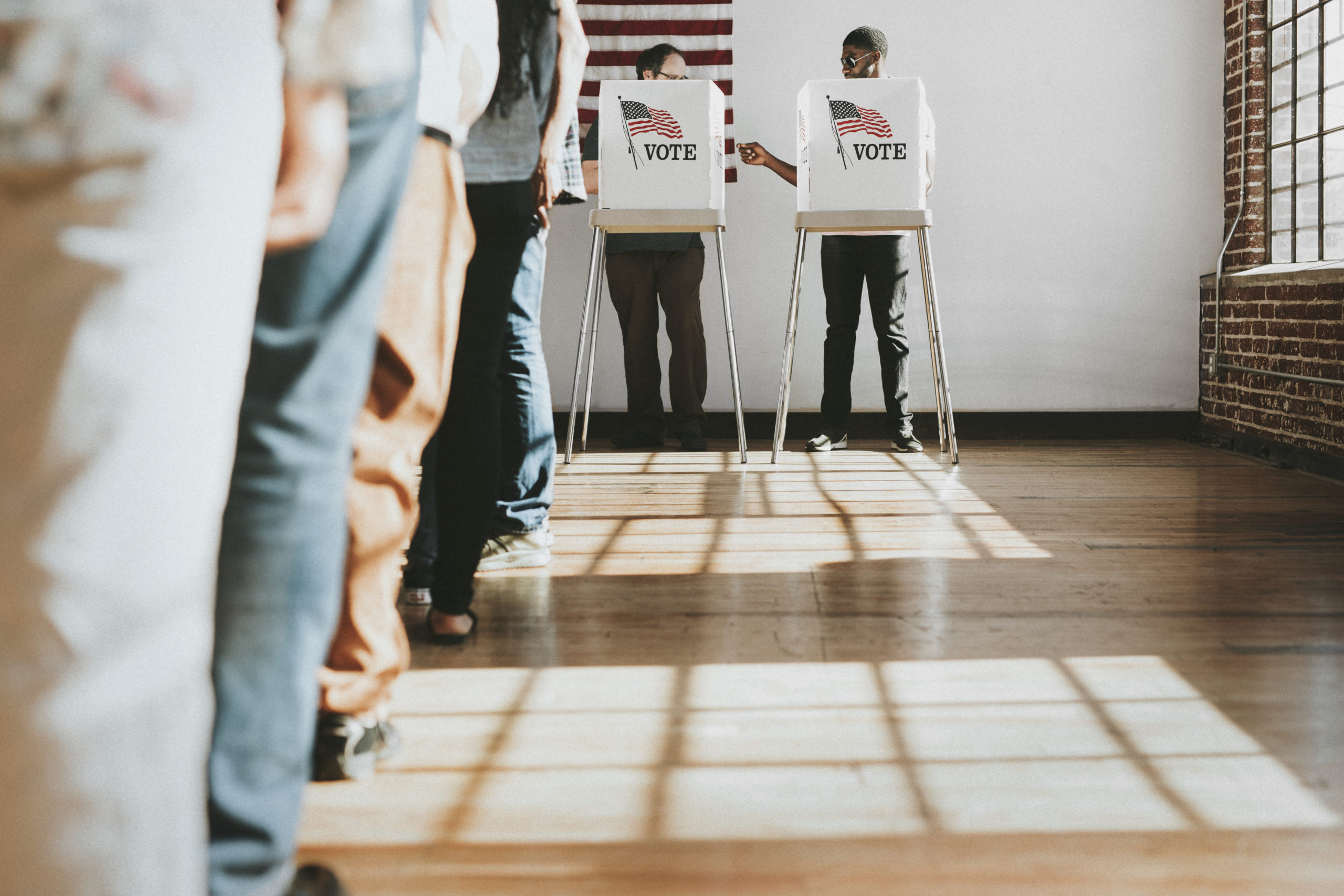FIFTY YEARS AGO, I was first elected to Congress, a beneficiary of voter backlash against the chaos of the previous decade that had included an unpopular war, widespread protests, multiple assassinations, and a presidential resignation. The new Congress passed urgently needed electoral reforms that helped our nation survive for another five decades.
The 2024 presidential election will present another survival test for our democracy – and it is not clear that we will pass this one without the active and diligent commitment of all of us.
For over 200 years, Americans upheld an astonishing principle in the peaceful transfer of power. Acting in their ministerial roles as vice president, Dan Quayle symbolically passed power in 1993 to Bill Clinton, and though he vigorously disagreed, Al Gore passed power in 2001 to George W. Bush. Then came the outrage: Donald Trump, just as he had threatened to do in advance of the election, refused to concede in 2020 and insisted falsely that he had been the victim of fraud.
It is an American tragedy that the politics of polarization have largely destroyed the former integrity of the Republican Party. Today a supine House of Representatives bends to the whim of a lawless former president. Many Republican office holders, fearful of his wrath, are ignoring – or defending — his attempted heist of our government.
So what do we do now?
There are fewer than 500 days before the next presidential election, and hundreds of thousands of American are already preparing. They are launching aggressive voter registration drives, compiling huge campaign war chests, and devising new methods to pull voters to the polls. These pre-election battles are critical, and they understandably consume the energy and resources of most of our civic groups.
Today, however, we also need organizations to focus on what happens after Election Day. Dealing with such post-election problems is the mission of my organization, Keep Our Republic. Our small group of former high level government officials and lawyers was successful in predicting the pathway that would be chosen by Donald Trump after the last election, and we fear that events after the coming election in 2024 will be even more challenging.
The worries of Keep Our Republic flow from the strange way we elect our presidents. We do not count the votes and then determine the victor by the highest vote count. Rather, we determine president through the vote of electors chosen by each state. The electoral vote outcome is predictable in almost all states: California, New York, and Illinois are as predictably blue as Florida and the deep South are red.
But the predictable votes and predictable electors are not enough to get either party’s candidate to 270. Each falls short and will depend on the unpredictable “swing states” — Arizona (11), Georgia (16), Michigan (15), Nevada (6), North Carolina (16), Ohio (18) Pennsylvania (19), and Wisconsin (10) – which constitute an alluring total of 111 votes.
By law each state must certify its votes and select its electors by what’s called the “safe harbor” day of December 10. The resultant Electoral College – all the chosen electors – meet on December 16 to report the results and cast their votes for president. These in turn are sent to the newly elected Congress.
On January 6, the vice president from the administration then in office is required to report the results state by state and declare a winner. It was this process that was attacked by President Trump and led to the invasion of the Capitol on January 6, 2021.
So, looking forward, what might happen between Election Day on November 5, 2024, and Inauguration Day on January 20, 2025? What are the risks to completing the election?
We now know that we must be prepared to combat the dozens of ways in which the process could be undermined. Poll workers might be frightened away from their posts; mobs might throw polling sites into chaos; states might choose hand-counting to slow the results; paper ballots might be lost or burned; voting machines might be challenged; recounts and auditing might be abused; and the certification of electors might be delayed.
If these things take place, will we know in advance what emergency steps will be possible in each state to reintroduce order and sanity?
Keep Our Republic is focused on exactly these questions for the critical post-election day period. The dangers of 2020 were bad enough; 2024 could be worse.
What happens if a third-party candidate gets enough votes to throw the election into the House of Representatives, which would first require the election of Speaker? We got a taste of what that might be like when it took Kevin McCarthy 15 rounds to secure his position. Imagine the additional chaos that would ensue when the ultimate prize is the selection of the president of the United States.
Two further observations are important here.
First, the autocrats have learned to use facsimiles of democracy against democracy itself, a hundred-year-old swindle that is still effective. They foment hatred, reject the rule of law, galvanize popular rage behind a strongman, encourage violence and revenge, and attack others across racial and gender lines. These are the building blocks of fascism – which are now shockingly strong inside the United States.
The second, and more hopeful, observation is that 2024 could be the last gasp of these authoritarians – but only if Donald Trump is defeated at the polls and prevented from taking office through some new kind of coup.
Those who favor Trump are already attempting to sow mayhem by fouling up the certification and reporting of the electoral votes in the swing states. That’s why Keep Our Republic is already heavily invested in three: Pennsylvania, Wisconsin, and Michigan.
In each one, we have established non-partisan statewide advisory councils chaired by senior experienced former local or state officials. The leaders in Pennsylvania and Wisconsin are Republicans, Michigan is led by a Democrat. Each of the state groups is recruiting membership from chambers of commerce, bar associations, local universities, retired political leaders, non-governmental groups, and other political allies.
We are working to restore a sense of civic engagement at the community level, knowing that the actions of local citizens is the ultimate strength in our society. So we are getting ready, asking what citizens can do in the event of power outages, random violence, demonstrations, or of recalcitrant officials who deliberately inhibit the counting and certifying votes. We are determining what legal remedies are available, and how such events and risks can be minimized – and we would welcome your help.
Perhaps the greatest source of fragility is failing to recognize the future of democracy rests first and foremost on the faith and vigilance of the American people. Because the off-year election of 2022 was successful beyond almost anyone’s projections, many believe the fever in the electoral system has passed. They find additional hope in the successful amending of the Electoral Count Act, and the successes of the Biden presidency.
But these modestly encouraging signs must not lead to complacency. We must continue, like Paul Revere, to warn of the dangers ahead. For if we fail, we will face a ruling power that loathes democracy, is not interested in governing, is committed to savaging the laws and institutions designed to protect our environment and slow global warming, and has no platform other than attacks on “woke” institutions. Governed by irrational fears and hatreds, this cadre of misguided Americans want to create an autocratic, top-down system, controlled by the few, with power centralized in a president unrestrained by moral decency and the Bill of Rights.


